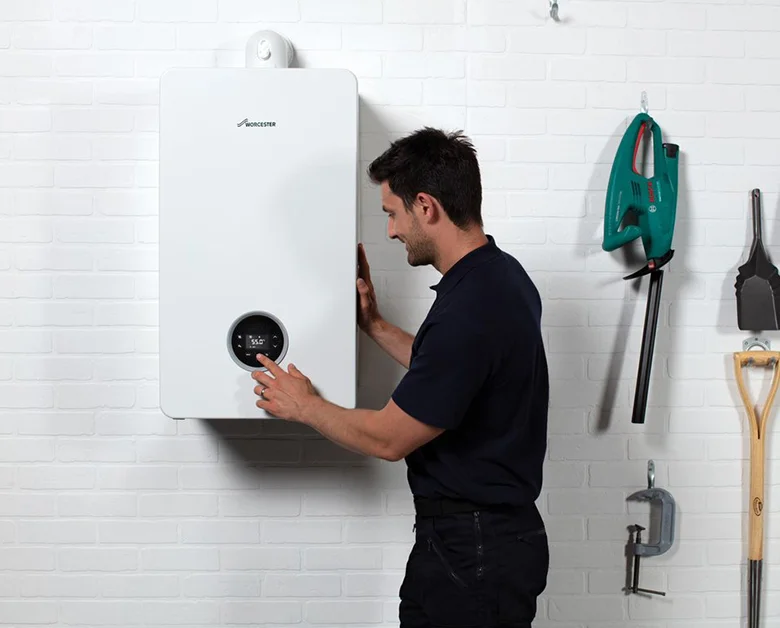Winter is Here, Have You Checked Your Boilers?
Although winter is surely here and we are already in the coldest months, it is still useful to know why it is important to check your boiler during this season. After all, there is always next year to be better prepared and if your boiler is working fine till now, you can still follow most of the tips ahead.
If you don’t know that your boiler is perfect to last through the cold, you are at the risk of having higher bills to pay, boiler malfunction or even God forbid the risk of carbon monoxide leak. Repairing a boiler when it does not work well can easily set you back an amount ranging from 350-1000.
You may have a boiler grant from the government for a free installment or replacement, but the grant does not cover maintenance costs especially if it was used more than a year ago. Not to mention the difficulty of getting hold of an engineer during these harsh months in the holiday season.
To avoid all of the extra trouble, here are some things to keep in mind before your boiler decides to break down during the winters.

- Check Your Boiler
Although it may sound a bit too obvious, it is still one of the most important and easy ways to see that your boiler is working fine. As soon as it starts getting cold, you can switch it on for a few hours just to see how it holds us. If the radiators are heating up fine, you really have nothing major to worry about when it gets colder.
- Service
Many people often skip servicing their boilers especially if they are newer because they don’t see the use. Well servicing is essentially the maintenance and upkeep needed to make sure it works smoothly. The few pounds you’ll spend on getting servicing regularly are much less compared to the huge costs of getting a new boiler all together. So pick your battle wisely.
- Have a Manual Nearby
Your boiler came with a manual; hopefully you did not throw it away. We tend to ignore the tiny booklets thinking we don’t need the excessive information but whom better to turn to than the company who manufactured the machine when it decides to act funny? Read the manuals so that you won’t be calling a service man for no reason.
- The Pipes
A boiler should not make too much noise when it runs. If the pipes are making too much noise that sounds new to you, chances are they have frozen water inside. Contact a local plumber to check the pipes to ensure the machine doesn’t stop working.
- Check the Pressure
If the boiler pressure goes beyond the 2.5 bar, call an engineer and let them handle it. Otherwise you can go to YouTube to find a decent tutorial to guide you how to adjust the pressure. The manual may also have some instructions on dealing with the pressure adjustment. Your boiler won’t be as efficient as it should be if the pressure drops or increases.
- Radiators
You must regularly bleed the radiators when boilers are used because otherwise the central heating gets affected. When radiators have colder parts leaning to the bottom, it means they either have trapped air, sludge or debris.
Power flushes are an excellent way to clean radiators. Engineers clean the pipes, remove sludge and refill the plumbing device with corrosion inhibitor mixed with clean water to moderate the required pressure.
- Thermostats
Thermostats are responsible for the boiler running at specific temperatures for specific time intervals. If they don’t work properly, the boiler will not heat at the needed temperatures, so get an engineer to make sure there are no glitches.
- Electric Ignition
There might be a chance your boiler isn’t igniting. Perform the following checks:
- Check other gas run appliances to ensure the gas is working properly.
- Restart the boiler by switching the connection off and then on.
- Ensure the pilot has a blue flame, not a yellow one.
- Check the water pressure.
- Check heating oil levels.
- Check for Draughts
When cold air enters the house through small gaps and openings in the doors and windows, the thermostat automatically works on a higher temperature to compensate. Draught proofing will solve all of this in a very cost effective way. Not only will you save your house from the unnecessary cold, you will save money in the longer run too.
- Check Your Flue
A flue is basically an extension pipe that removes waste gasses from the home and the boiler. They tend to get blocked like any other pipe, so be mindful of keeping them clean.
- Check for Boiler Leaks
Check to see whether there are any leaking pipes or holes on any part of the boiler. To be even more careful, buy a carbon monoxide alarm so it can warm you well in time if the air gets toxic through a leak. Should you face a gas leakage, follow the following steps.
- Open all doors and windows for ventilation.
- Turn off all sorts of appliances that use fuel such as stoves and boilers.
- Don’t switch on lights, matches or anything that might create sparks.
- Leave the property until the gas gets cleared out.
- Insulate the pipes.
- Seek medical attention if you don’t feel too well.
- Clean Your Boiler
If you keep it clean, you get rid of half of the things that are bound to go wrong with the boiler.
It is always a better strategy to be safe than sorry. Be very vigilant during the winter months to avoid any excessive costs and repairs. Hope you all have a safe and happy winter season!
